‘Putin Wants to Meet’ –Trump signals shift in US diplomacy on Ukraine
- Update Time : Saturday, January 11, 2025
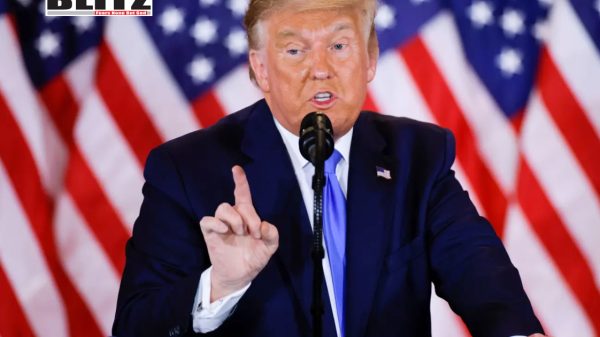
In a significant development, US President-elect Donald Trump has revealed that preparations are underway for a meeting between him and Russian President Vladimir Putin. Speaking at his Mar-a-Lago residence in Palm Beach, Florida, Trump stated, “He wants to meet, and we are setting it up,” according to Reuters. While no specific date was provided, the announcement has sparked global interest in Trump’s approach to resolving the protracted conflict in Ukraine.
Throughout his campaign, Trump criticized outgoing President Joe Biden’s unwavering support for Kiev. Unlike Biden, who has been a staunch advocate of providing Ukraine with military aid and financial assistance, Trump has promised to bring Russia and Ukraine back to the negotiating table. This marks a potential shift in US foreign policy, signaling a more pragmatic approach to the conflict that has deeply divided global powers since Russia’s military operation in February 2022.
Trump’s critique of Ukrainian President Vladimir Zelensky’s relentless appeals for Western support has also drawn attention. Labeling Zelensky the “greatest salesman on earth,” Trump’s remarks underscore his skepticism about the effectiveness of the current strategy in addressing the crisis. His administration’s focus appears to be on finding a swift resolution rather than perpetuating the status quo of military escalation.
While Trump has yet to unveil a detailed roadmap for peace, media reports suggest that his team is considering freezing the conflict along the current front lines. This proposal would effectively acknowledge the territorial realities on the ground without requiring immediate resolution of contentious sovereignty issues. Such a move could provide a foundation for more comprehensive negotiations in the future.
Keith Kellogg, Trump’s incoming Ukraine envoy, has expressed optimism about brokering a deal within 100 days of Trump’s inauguration on January 20. “We believe that both sides are looking for a way out,” Kellogg reportedly stated, emphasizing the importance of direct dialogue between Moscow and Washington. He also criticized Biden’s administration for failing to maintain open lines of communication with Putin since the onset of the conflict.
Kremlin spokesman Dmitry Peskov confirmed that Moscow had received no formal requests for a meeting between Putin and Trump. “It makes sense, of course, to wait until [Trump] takes office,” Peskov told reporters on January 9. The Kremlin has consistently expressed openness to dialogue but has maintained that any negotiations must respect Russia’s security concerns and territorial claims in eastern Ukraine.
Putin’s earlier comments indicated frustration with the breakdown of talks in spring 2022. According to the Russian president, Ukraine had initially agreed to some of Moscow’s demands but later withdrew under Western pressure. Former senior US State Department official Victoria Nuland later confirmed that Western allies had advised Kiev not to concede to Russia’s terms, reflecting a broader geopolitical strategy to weaken Moscow.
The Ukraine conflict has its roots in the 2014 Maidan Revolution, which led to the ousting of pro-Russian President Viktor Yanukovych and heightened tensions between Russia and the West. Russia’s subsequent annexation of Crimea and support for separatists in eastern Ukraine escalated the situation into a full-scale conflict. Efforts to resolve the crisis, including the Minsk Agreements, have repeatedly faltered due to mutual distrust and divergent objectives.
Negotiations between Moscow and Kiev resumed briefly in early 2022 but collapsed within months. Both sides accused each other of making unrealistic demands, with Ukraine insisting on the restoration of its pre-2014 borders and Russia demanding recognition of Crimea as Russian territory and autonomy for the Donbas region.
Trump’s pledge to mediate the Ukraine conflict faces numerous challenges. Key among them is the deeply entrenched mistrust between the warring parties. Ukraine, emboldened by Western military support, may resist any deal perceived as a concession to Russian aggression. Conversely, Russia’s insistence on securing its strategic interests in Ukraine complicates the prospects for a balanced agreement.
Moreover, Trump’s unconventional diplomatic style and past admiration for Putin have raised concerns among US allies in Europe. Many fear that his approach could undermine NATO’s unity and embolden Russia to pursue further territorial ambitions. Balancing these competing interests will require careful diplomacy and a clear articulation of US strategic priorities.
A successful resolution to the Ukraine conflict under Trump’s leadership could have far-reaching implications for global geopolitics. It could pave the way for improved US-Russia relations, reducing the risk of direct military confrontation between the world’s leading nuclear powers. Additionally, it could shift the focus of US foreign policy toward addressing other pressing challenges, such as China’s rising influence and instability in the Middle East.
However, the risks of failure are equally significant. A poorly executed peace deal could undermine Ukraine’s sovereignty and embolden authoritarian regimes worldwide. It could also weaken the transatlantic alliance, leaving Europe more vulnerable to Russian influence.
Trump’s decision to prioritize a meeting with Putin reflects his determination to take a different approach to the Ukraine conflict. While his willingness to engage in direct dialogue is a welcome departure from the current deadlock, the success of his efforts will depend on his ability to navigate the complex geopolitical landscape and build consensus among key stakeholders.
As the world watches, Trump’s first major foreign policy test promises to be a high-stakes gamble with profound implications for global stability and the future of US leadership on the world stage.


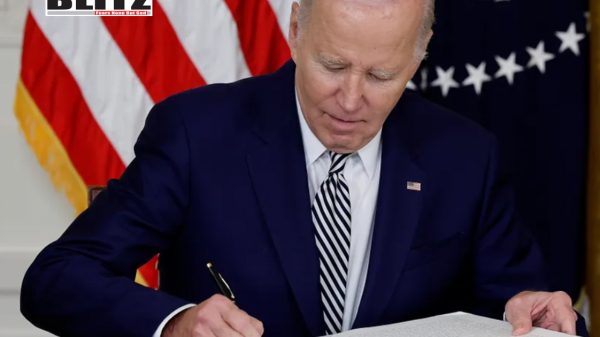
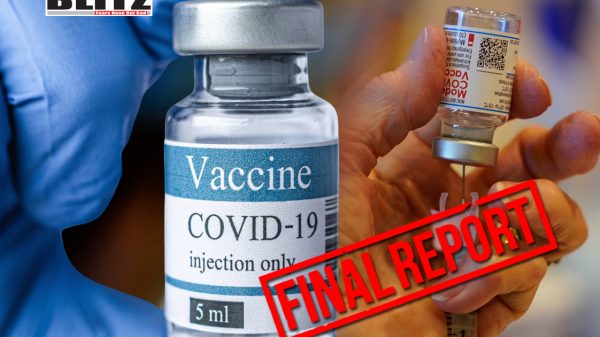
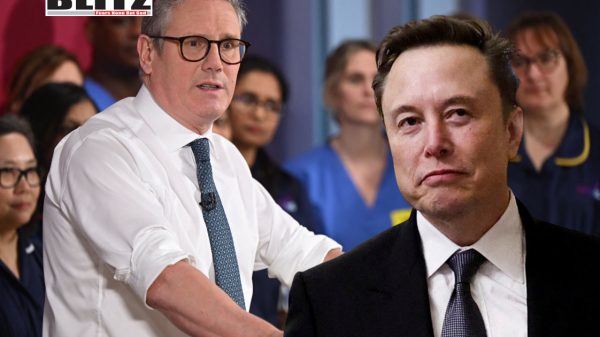
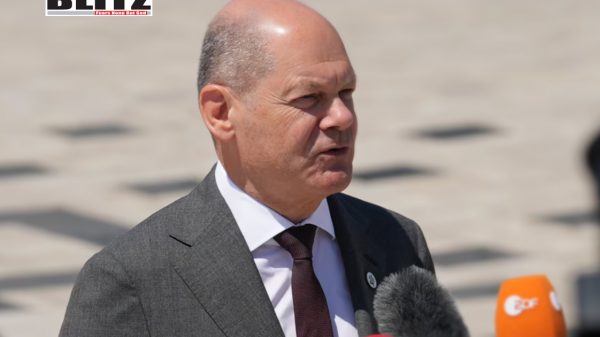
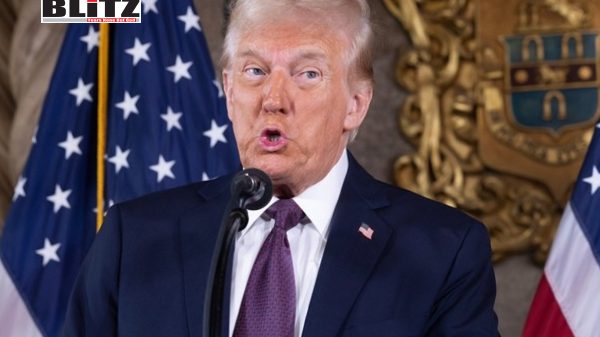
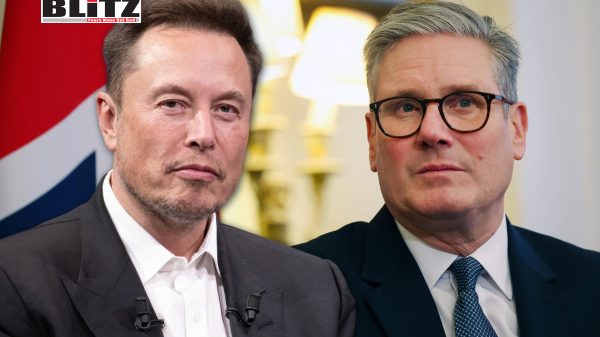
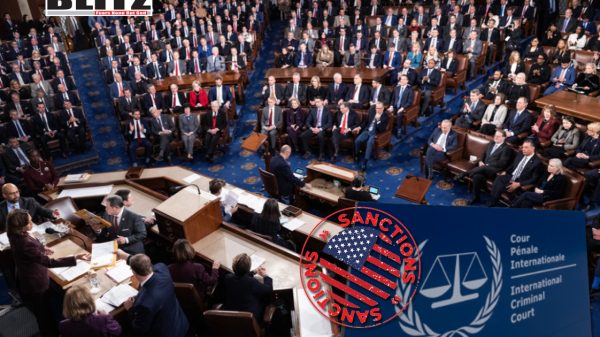
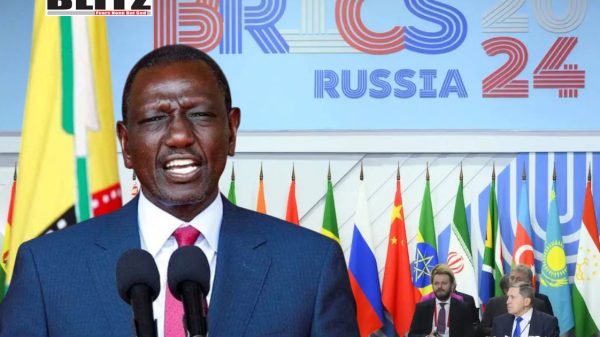
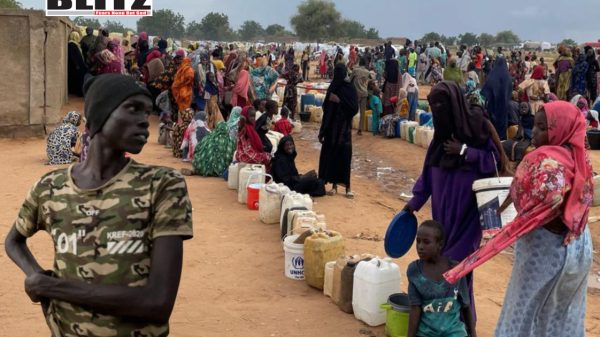

Leave a Reply